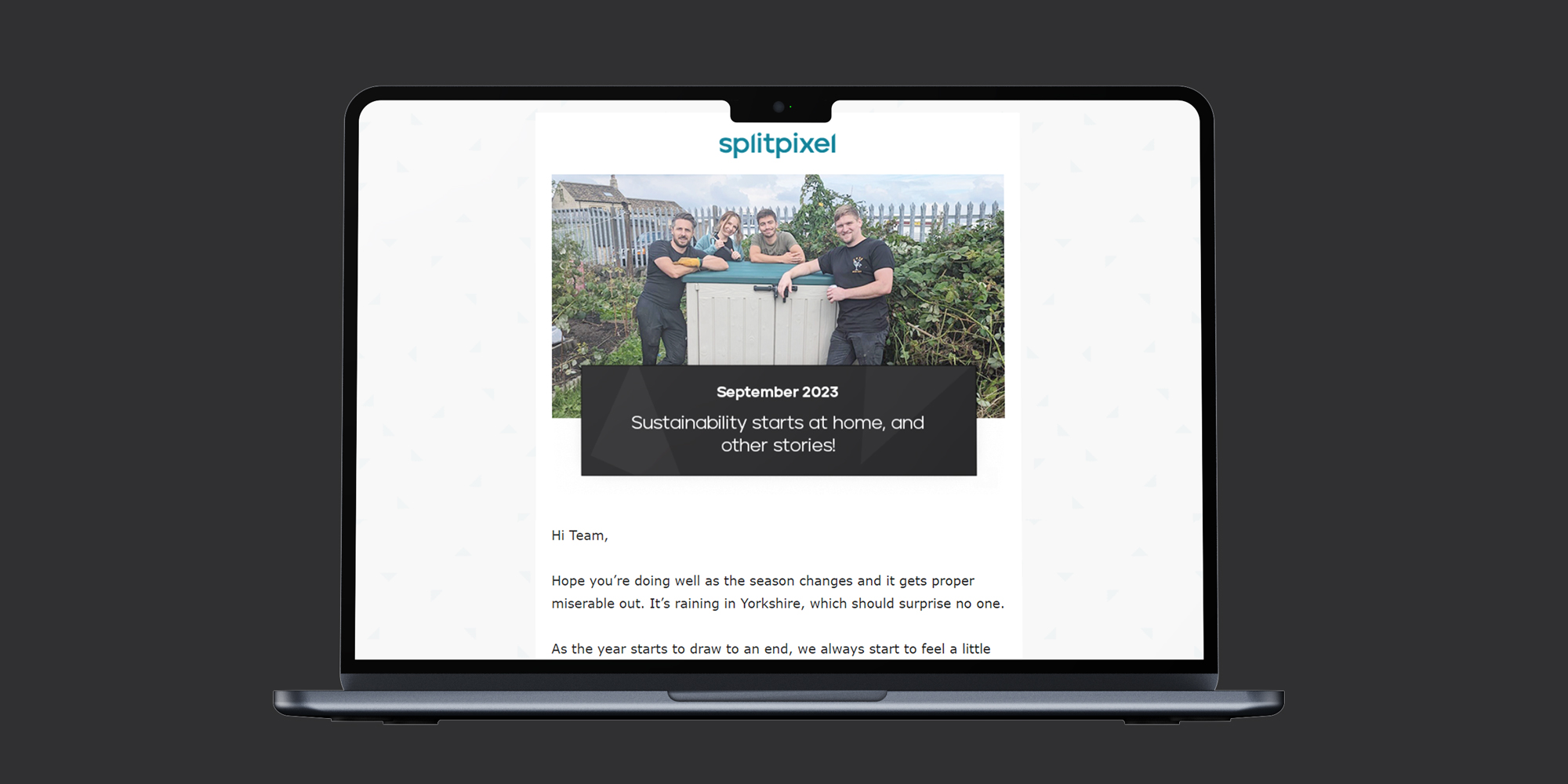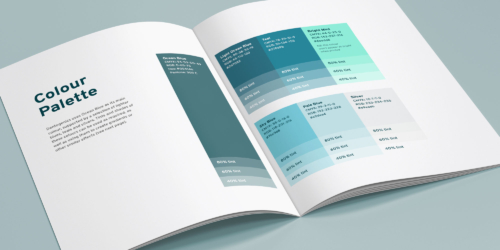To ensure your Muslim colleagues feel comfortable and respected in the workplace, it is important to be aware of Ramadan and the practices involved in order to provide the support needed throughout this holy month.
What is Ramadan?
Every year for 30 days, Muslims observing Ramadan will fast from sunrise till sunset. This means that they will abstain from food and drink during daylight hours each day. Fasting is a central practice in Islam and is considered one of the Five Pillars of Islam.
Ramadan is the name of the 9th month in the Islamic calendar, it represents the time during which the Islamic holy book, the Qur’an, was revealed. The Islamic calendar is based on the cycles of the moon, contrary to the solar Gregorian calendar used in the UK, this is why the exact date of Ramadan changes every year.
For Muslims, the purpose of Ramadan is to get closer to God by turning away from bodily desires and focusing on prayer and spirituality. At the end of Ramadan, Muslims celebrate Eid, a day that symbolises the end of fasting, where families gather, pray and enjoy a big feast together.
People who are travelling, menstruating, pregnant, elderly, chronically ill, or poorly will not usually observe Ramadan.
Be aware.
To ensure your Muslim colleagues feel comfortable and respected in the workplace, it is important to be aware of Ramadan and the practices involved in order to provide the support needed throughout this holy month.
Because Muslims fast during daylight hours, the length of their fast will be longer if Ramadan falls during the summertime when daylight hours are longer. Across the winter solstice, the shortest days of the year have just under 8 hours of daylight but, during the summer solstice, the longest days of the year have nearly 17 hours of daylight!
As fasting is a personal choice, not every Muslim will be participating. Don’t be afraid to ask your Muslim colleague if they’re observing Ramadan that year. You might want to find out more about their personal practices, or Ramadan in general.
If you are not Muslim, you may believe this does not concern you. But it’s worth bearing in mind that non-Christian individuals at your workplace are considerate of Christian holidays, such as Easter and Christmas, so it is only courteous to do be equally respectful and accommodating for other religious observances.
Be considerate.
Understandably, fasting during work time can be difficult, even for those who have practiced it for many years. Lunch time is a key part of the workday when your Muslim co-worker might be feeling alienated or uncomfortable. Be considerate and perhaps avoid any particularly pungent food that could overpower the office space. You could even offer your colleague a spare room if they’d like a moment to be away from others during lunch time.
When asking your colleague about Ramadan remember that this is a time of reflection and spirituality for Muslims. Making comments such as “it must be really hard for you not to eat” or “I would be starving if I were you” is inconsiderate, even if you don’t have any bad intentions.
As Ramadan is based on the Islamic calendar, Muslims may not know the exact date of Eid or Ramadan until the night before. Your employee may call the night before to change the date of their annual leave to celebrate Eid or observe Ramadan. Try to be understanding during this time and make allowances wherever you can.
Be supportive.
Another one of The Five Pillars of Islam is five daily prayers. Muslims may need to carry out two to three of their five prayers while they’re at the office so it would be a fantastic idea to provide a permanent prayer space for their observance. Although this is not a legal requirement, providing a spare room or having a permanent prayer room for your Muslim colleagues could be really beneficial year-round, but particularly during Ramadan.
Another suggestion for the employer during the month of Ramadan is to consider flexible working hours. Muslims wake up before dawn for suhur, the last meal before a full day of fasting. This can be at around 5am, so a lot of Muslims often go back to sleep after suhur and rise again for work a couple of hours later. This can make a 9am start more difficult during this time. The hours don’t have to be drastically different, however your Muslim colleagues may prefer a shorter lunch break to allow them to leave work earlier, for example.
It may also be a good idea to avoid or reschedule any events or meetings after sundown to make sure your Muslim colleagues can prepare for iftar, the meal after sundown to break the fast for the day.
![]()
Why is this so important?
If you’d like to make sure your workplace is inclusive and your colleagues are supported, you may want to consider our recommendations. You might even think about asking your colleagues for suggestions that would help make your workplace (and your brand, in general) more accommodating of a variety of religious practices and beliefs.
Remember that if you want to present yourself as an inclusive brand, you need to practice what you preach and ensure that your office is a safe and inclusive environment for everyone – including Muslims. If you create an inclusive workplace where everyone can be themselves, you’ll be able to more authentically practice inclusivity in whatever it is you offer your clients or customers.
If you’d like to learn more about inclusivity, you can take a look at our blog… we love making digital spaces more inclusive for people of marginalised identities. We also love building websites and creating content that’s as inclusive as possible. If you’re in need of web design and digital marketing services, you can take a look at our portfolio of projects or get in touch for more info.
Continue reading...
Things that you didn’t realise were bad for accessible web design
Website design – just like any creative process – can be highly subjective. What looks great to one person might be like nails on a chalkboard to someone else!
Written by Amy Waldren
Web Design Brand Guidelines – and what to do if you’re worried about web accessibility
Since 2008 I’ve used countless brand guideline documents when designing websites. Back when I started, there wasn’t much of a conversation about accessibility – the overall aesthetic was all people were worried about.
Written by Rob Marshall
Sign up to our newsletter

Lets work together
Contact us

